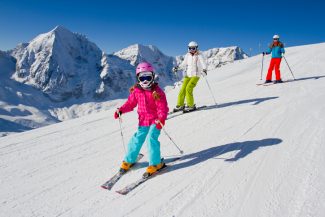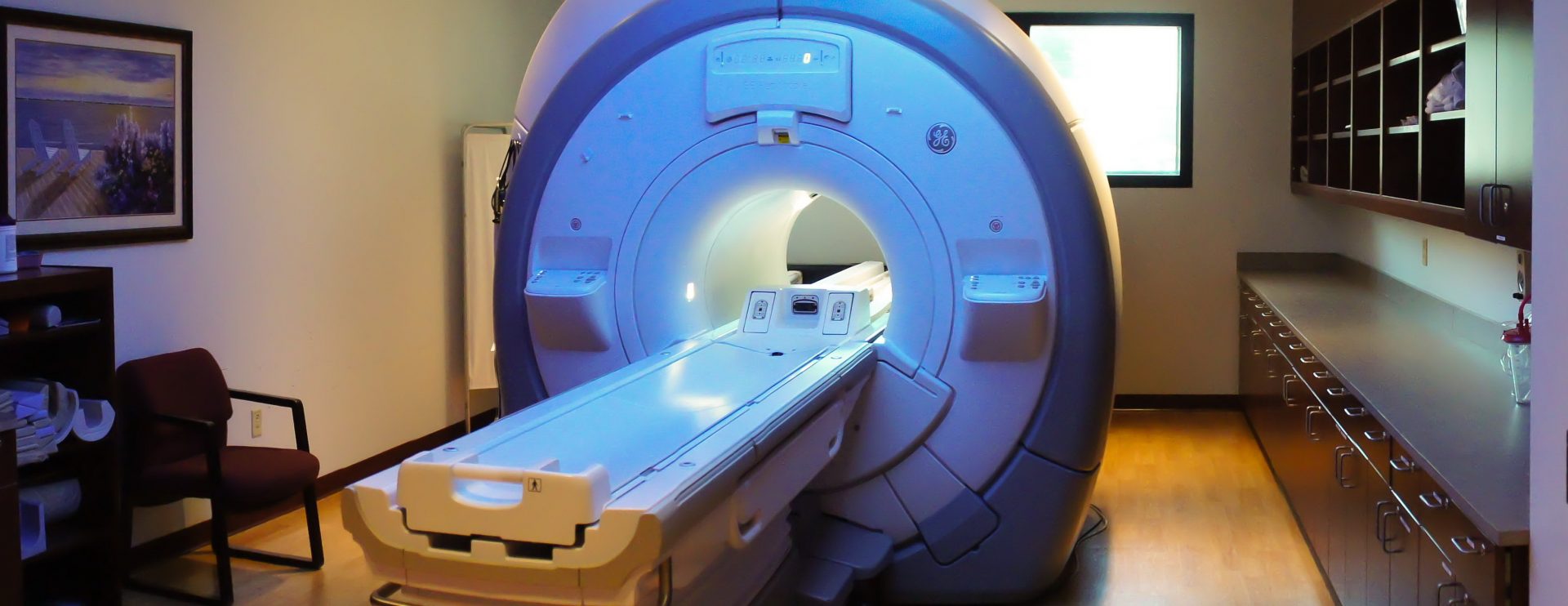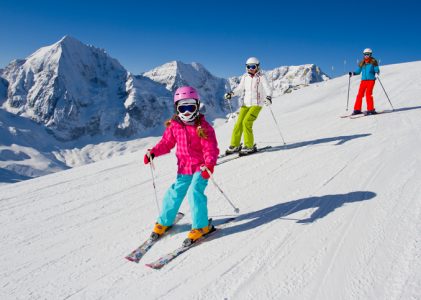
January is dedicated to raising awareness of traumatic brain injuries (TBI) as many people take to the slopes and get outside for winter fun and sports. Many of these winter activities such as skiing and snowboarding can be a great way to exercise and stay in shape during the winter. While flying down slippery slopes at more than 20 mph is definitely exhilarating, it can also be extremely dangerous if you crash and hit your head at those speeds.
A traumatic brain injury can disrupt brain function, lead to blood clots, stroke, headaches and even death. Of all the winter sports; skiing, snowboarding, sledding, snowmobiling, hockey and ice skating, snowboarding and skiing are known to cause the most head injuries. According to the Office of Disease Prevention and Health Promotion, snowboarding accounts for nearly 30% of all reported concussions while skiing makes up about 25% of winter sports related concussions.
January is a great time to remind everyone you know to be careful while enjoying outdoor sporting activities and to protect yourself to help prevent head and neck injuries.
Know the Signs of Concussion and TBI
It’s important to know the signs of concussion and TBI as symptoms may not appear until days or weeks following an injury. A concussion is the mildest type of a TBI and can cause headaches and neck pain, along with dizziness and ringing in the ears. Seek medical treatment right away if you experience any of the following symptoms of a concussion:
- Dizziness
- Tiredness
- Confusion
- Slurred speech
- Dilated eye pupils
- Ringing in the ears
- Vomiting or nausea
- Seizures or convulsions
- Inability to awaken from sleep
- Numbness or weakness in legs or arms
- Decreased coordination or loss of balance
- Headache that does not go away or gets worse
Someone with a concussion may just complain about not feeling right or not feeling like themselves. If you notice symptoms of a concussion, seek medical attention right away and call 911 immediately if a loved one loses consciousness. It is important to give a concussion time to heal as experiencing a second injury without fully healing from a concussion can lead to long-term consequences.
Tips to Prevent a TBI
Traumatic brain injuries can significantly impact a person’s quality of life. Be sure that you feel comfortable when practicing winter sports and if you are new to skiing or snowboarding, take some beginner classes to learn how to fall the right way and to prevent as many falls as possible. Always wear the right protective gear and a helmet and replace your helmet if a fall does occur.
Follow these injury prevention tips to help prevent the number of head and neck injuries and the severity of such injuries:
1) Always wear a properly fitting helmet
Always wear a helmet that is fitted properly to your head and for your sport. Make sure that your helmet has a snug fit when wearing over a winter cap or hat for warmth.
2) Replace your helmet after a crash
Some helmets are designed to withstand just one impact. Some helmets may be designed to withstand more than one accident depending on the severity of the crash.
3) Know your limitations
Be sure to learn the fundamentals of every winter sport before taking to the slippery slopes. Take some lessons from an experienced professional and start out slowly. When riding ATVs or snowmobiles, the driver should be over the age of 16 and never let any child under the age of 6 ride on a snowmobile or ATV. Always supervise children when playing on snow or ice.
4) Stay alert and know your surroundings
Be sure to know the slope, hill or sledding trail before taking off and watch out for blind spots, sudden drop offs and never ski or sled through areas with trees. Stay near the center of trails to avoid obstacles and try to avoid crowded areas. Never wear headphones when skiing, snowboarding or sledding to stay alert and be aware of your surroundings.
5) Know the location of the nearest medical attention facility
Many people practice winter sports in remote locations. Be sure that you know the location of the nearest emergency medical treatment facility.
Practice these safety tips with all winter sports and remind your loved ones to do the same. Invest in the right protective gear and lessons to help avoid brain injuries while enjoying your winter sporting activities.
Greater Waterbury Imaging Center cares about your health and wellness and reminds everyone to safely enjoy your winter sports and activities. All too often, we see traumatic brain injuries that could have been prevented with the proper safety precautions. Contact us for all your MR imaging needs with comfortable and compassionate care.


